The 2022 SCI Physiotherapy MOOC is now finished. Stay tuned for future MOOCs. x
The topics for each week of the Physiotherapy Management of SCI MOOC are outlined below.
Please note: The content will become available at the beginning of each week. You will receive an email at this time.
Week One – Commences 7th Nov 2022
Week Two – Commences 14th Nov2022
Week Three – Commences 21st Nov 2022
Week Four – Commences 28th Nov 2022
Week Five – Commences 5th Dec 2022
This course is suitable for physiotherapy students and junior physiotherapists who have a good understanding of the key principles of physiotherapy but little prior experience in spinal cord injuries (SCI).
Participants will be required to devote 5 hours per week for 5 weeks to this course. The course will take longer if participants follow links in the elearn lessons for further information. These links will move them away to other lessons or activities that can become very time consuming to complete. So if time is limited, participants should not click on links but instead just follow the screens sequentially.
Participants will be given 3 tasks each week, namely:
The aim of this course is to equip physiotherapy students and inexperienced physiotherapists with sufficient knowledge to manage a person with SCI. This includes assessing impairments, activity limitations and participation restrictions, setting appropriate goals of treatment, formulating an evidence-based treatment plan, implementing treatment and evaluating its success.
Participants must be either enrolled in a physiotherapy course or have completed a physiotherapy course. This prerequisite has been set to ensure the online discussion is appropriate.
The online discussion will be an important aspect of this course and participants will be expected to post at least one comment each week. Only participants of the course will be able to post and read discussions within this group.
All online discussion will be done through a close Facebook Page. Click here to join.
The course will be run in the following 5 languages. The registration page and landing pages are different for each language. So you can not register for English and then access the other languages (or visa versa). To register for your language go here:
English - https://physiotherapists.scimooc.org/login
Portuguese - http://pr-pt.scimooc.org
Spanish - http://sp-pt.scimooc.org/login
Chinese - http://ch-pt.scimooc.org/login
French - http://fr-pt.scimooc.org/login
Each language will have its own Facebook or Weechat (for Chinese) pages for discussion. Participants are encouraged to be respectful and empathetic to those who are posting messages in their second language.
Participants will receive a certificate of completion from ISCoS with their final assessment score on it provided they:
The overall course co-ordinators for this course are:
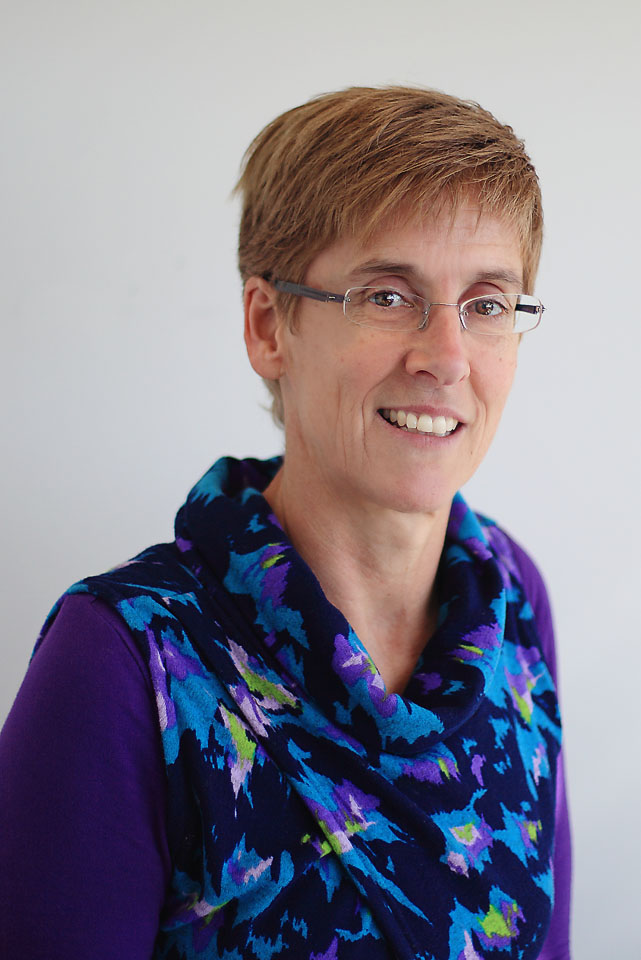 Professor Lisa Harvey, Australia. Lisa has 20 years clinical experience in SCI and 30 years teaching experience. She currently holds an academic position at Faculty of Medicine and Health, University of Sydney where she teaches, supervises research students and runs her own research program. She has taught extensively in different parts of the world and is immediate past, Editor-in-Chief of Spinal Cord. She has written a textbook on Physiotherapy Management of Spinal Cord Injuries.
Professor Lisa Harvey, Australia. Lisa has 20 years clinical experience in SCI and 30 years teaching experience. She currently holds an academic position at Faculty of Medicine and Health, University of Sydney where she teaches, supervises research students and runs her own research program. She has taught extensively in different parts of the world and is immediate past, Editor-in-Chief of Spinal Cord. She has written a textbook on Physiotherapy Management of Spinal Cord Injuries.
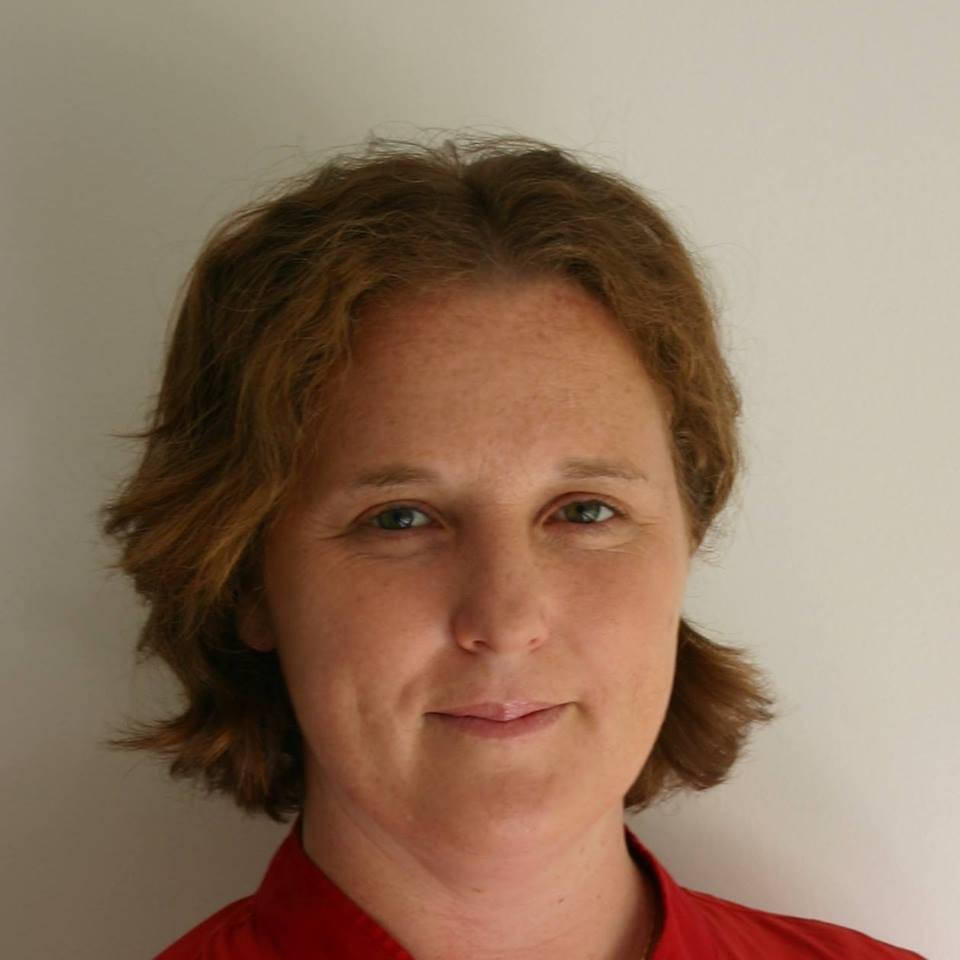 Associate Professor Joanne Glinsky, Australia. Jo is a physiotherapist with over 20 years clinical, research and teaching experience in SCI rehabilitation. She has a PhD and multiple publications relating to SCI. She currently works as a senior researcher at Faculty of Medicine and Health, University of Sydney, and Associate Professor at Macquarie University.
Associate Professor Joanne Glinsky, Australia. Jo is a physiotherapist with over 20 years clinical, research and teaching experience in SCI rehabilitation. She has a PhD and multiple publications relating to SCI. She currently works as a senior researcher at Faculty of Medicine and Health, University of Sydney, and Associate Professor at Macquarie University.
The language course co-ordinators for this course are:
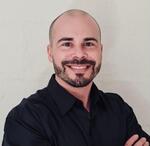 Portuguese: Professor Jocemar Ilha, Brazil. Joce is a physiotherapist with over 15 years of clinical, research and teaching experience in SCI rehabilitation. He holds an academic position at Physiotherapy Department, Universidade do Estado de Santa Catarina (UDESC, Brazil), where he teaches, supervises research students and runs his own research. Currently, he works as International Visiting Researcher at the Faculty of Medicine and Health, The University of Sydney with Professor Lisa Harvey and A/Professor Jo Glinsky.
Portuguese: Professor Jocemar Ilha, Brazil. Joce is a physiotherapist with over 15 years of clinical, research and teaching experience in SCI rehabilitation. He holds an academic position at Physiotherapy Department, Universidade do Estado de Santa Catarina (UDESC, Brazil), where he teaches, supervises research students and runs his own research. Currently, he works as International Visiting Researcher at the Faculty of Medicine and Health, The University of Sydney with Professor Lisa Harvey and A/Professor Jo Glinsky.
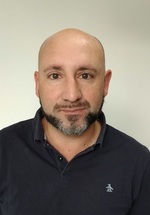 Spanish: PT Guillermo Gomez, Argentina. Guillermo is a Physiotherapist with over 20 years clinical and teaching experience in SCI rehabilitation. He has run several theoretical and practical courses relating to SCI. He currently is an ISCoS Education Committee member, Vice-chair of the SCIPT networking (Spinal Cord Injury Physiotherapists) and Vice-chair of ALME-SLAP (Latin American Spinal Cord Association).
Spanish: PT Guillermo Gomez, Argentina. Guillermo is a Physiotherapist with over 20 years clinical and teaching experience in SCI rehabilitation. He has run several theoretical and practical courses relating to SCI. He currently is an ISCoS Education Committee member, Vice-chair of the SCIPT networking (Spinal Cord Injury Physiotherapists) and Vice-chair of ALME-SLAP (Latin American Spinal Cord Association).
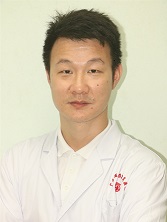
Chinese: PT Yuan Xiong, China. Yuan is a Physiotherapist with over 12 years clinical and teaching experience in SCI rehabilitation. Currently, he works as a group leader at Guangdong Work Injury Rehabilitation Hospital. He is a main initiator of SCIPT special interest group in GZCPT(Guangzhou Confederation for Physical Therapy).
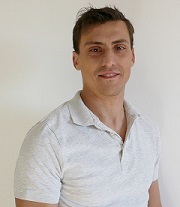 French: Stephan Rostagno, France. Stephan is a physiotherapist with over 13 years of clinical practice and teaching experience in SCI rehabilitation. He is the co-leader of the neurological sub-group of the French Physiotherapy Association. He works at the Aix-Marseille University as a teacher and has a private practice in physiotherapy.
French: Stephan Rostagno, France. Stephan is a physiotherapist with over 13 years of clinical practice and teaching experience in SCI rehabilitation. He is the co-leader of the neurological sub-group of the French Physiotherapy Association. He works at the Aix-Marseille University as a teacher and has a private practice in physiotherapy.
We also thank the following 2 people who have helped with the MOOC:
1. Keira Ralston, University of Sydney, Australia
2. Jackie Chu, University of Sydney, Australia
This course will be based on the physiotherapy modules that are part of www.elearnSCI.org which was an initiative of The International Spinal Cord Society. You can view a video explaining the evolution of the elearn website here.
The physiotherapy modules were developed by many, many very senior SCI physiotherapists from around the world. Sincere thanks to all of them for donating their time and knowledge to make this resource freely available to all. You can see the full list of contributors here.
Participants will be given 4-6 tasks each week. For example:
There are also several optional learning activities each week that participants can complete.
Below are the links to the two main resources that will be used throughout this course. You can use the same log on details for both this MOOC website and the elearnSCI.org website.
Elsevier has kindly allowed registered participants to read Professor Harveys' text book online during this course. The relevant chapters will be released each week. The book is:
Harvey L (2008) Management of spinal cord injuries: a guide for physiotherapists. Elsevier: London. ISBN-13: 978 0 443 06858 4 (published in English, Korean and Spanish).
This course was run in 2016 and 2018 through this platform. The course is based on the modules of www.elearnSCI.org - these were developed by members of ISCoS from all over the world. We acknowledge their contributions.